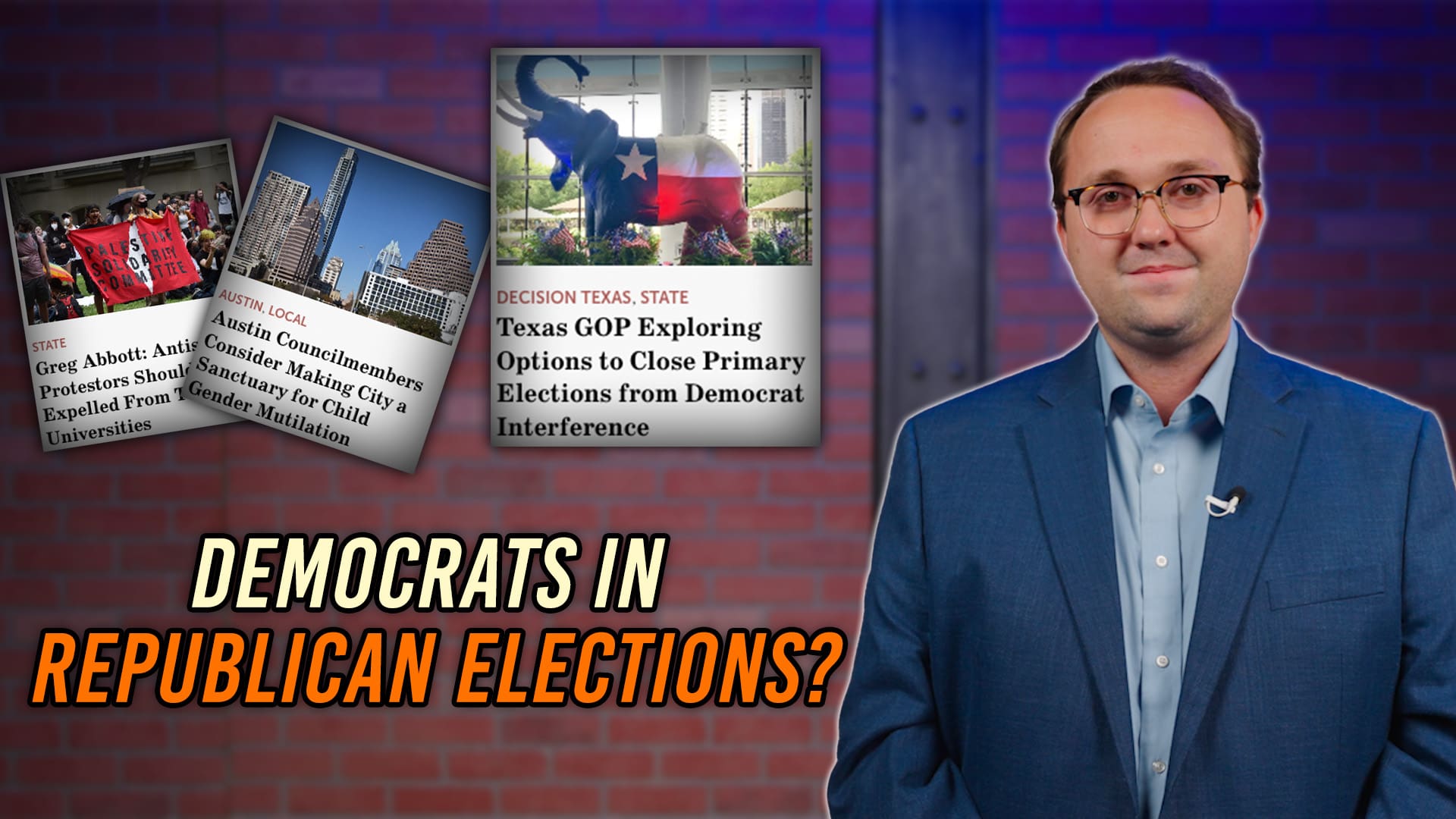In the midst of Texas’ two largest cities’ pension storms, the Texas House Committee on Pensions, chaired by State Rep. Dan Flynn (R-Canton), has released its interim report.
Among other things, the committee was tasked with evaluating ways to ensure public pension plans’ long-term financial soundness as well the investment performance benchmarks currently used. Pensions are sure to be a hot-button issue this session with Houston pushing its Mayor-sponsored plan to reform its pension, and Dallas currently embroiled in a legal dispute with its pension boards, going as far as asking the Texas Rangers to investigate.
According to the report, the more than 90 pension plans in the state have a combined total of $60 billion in unfunded liabilities. It also acknowledges the major problems that persist among all of the plans: aging members, over reliance on automatic cost of living adjustments, unstable markets, high rates of returns, and overly generous benefits.
In its recommendations, the report irresponsibly encourages pension shortfalls—which arose from missed payments and thin contributions—be made up with even more debt, specifically one-time payments and pension obligation bonds (POBs).
Essentially, the report is saying to pay down debt, cities should place even more debt on the backs of taxpayers.
Such a proposal is inherently irresponsible because taking on debt does not address the problem. Rather than provide serious recommendations to solve the problem and put pensions on the path to financial solvency, Flynn’s report advocates doubling down on the same shell game that Texas cities play time and time again, shuffling debt around to make their balance sheets look solvent for the time being.
What is ironic is that last year the Government Accounting Standards Board approved a rule (GASB 68) to force local governments to more accurately and clearly report their pension liabilities, but now these same governments are taking advantage of POBs to “buy down” the liabilities, shifting the burden to taxpayers and making their plans merely appear healthier.
Using POBs is inherently problematic because taxpayers, whose ultimate responsibility it is to pay the debt off, have absolutely no say in the issuance of these bonds.
Unless legislation filed by State Sen. Paul Bettencourt (R-Houston) passes, the law allows city councils to pass as much POB debt to pay down their unfunded liabilities as necessary–without voter input.
These bonds are tricky because while pension funds get the money immediately, and are better off, fluctuations in the stock market could easily destroy city finances if they don’t earn the anticipated returns on their investments, ultimately leaving taxpayers with the tab.
The report contradicts rhetoric used by the chair by stating, “The pension plans themselves cannot be fixed by simply changing the type of plans. The problems that were uncovered and addressed during the interim committee hearings do not mean it is suitable or desirable to switch plans from defined benefit to defined contribution…”
Just a month ago, Flynn sent a letter to Dallas Mayor Mike Rawlings regarding the pension showdown saying, “Keeping the plan the same is simply not realistic.” The report is also of a different tone than Flynn took in November when the Dallas Morning News quoted him saying, “As far as I’m concerned, it’s all on the table,” when asked about forcing a switch to defined-contribution plans for Dallas pension employees.
As conservatives have long argued, the way out of this growing problem is to allow cities to govern their plans again, with oversight, and shift new and unvested workers into a defined-contribution plan.
If lawmakers are serious about taxpayer and retiree protections, they wouldn’t advocate for acquiring more debt to pay existing debt while keeping the same plans intact.




